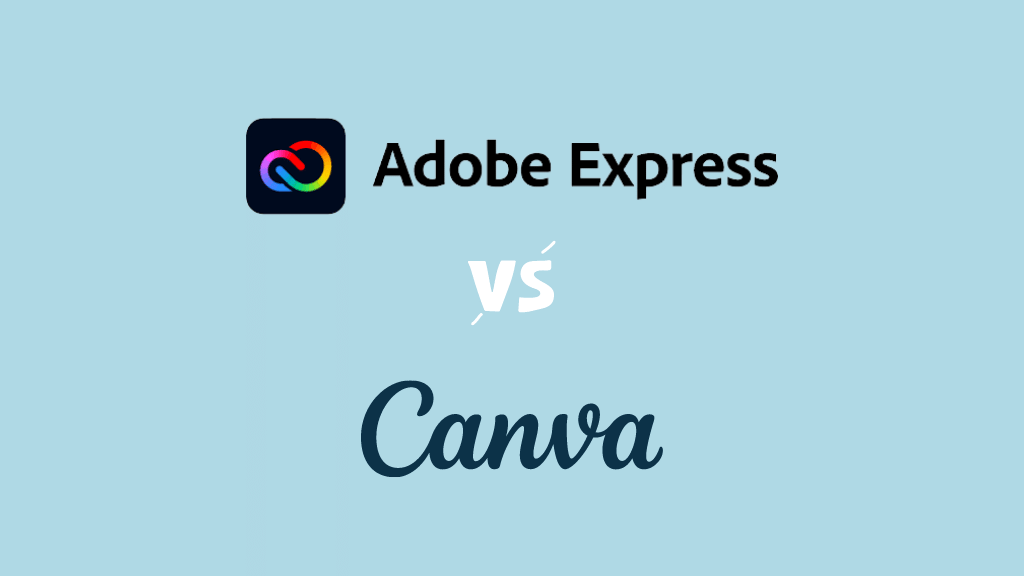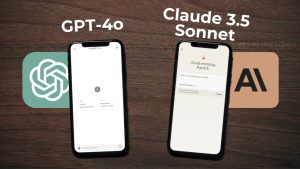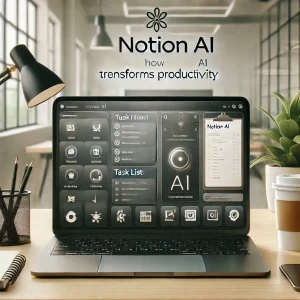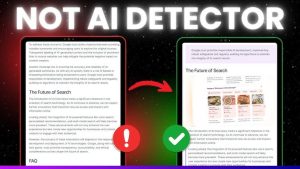How AI and Quantum Computing Are Converging: What to Expect in 2024
In 2024, the intersection of artificial intelligence (AI) and quantum computing is set to transform technology and industries. This blog post explores how these two fields are converging, highlighting key trends, applications, and challenges you can expect.
Introduction to AI and Quantum Computing
Artificial intelligence and quantum computing are revolutionizing technology. AI, which includes machine learning, natural language processing, and deep learning, allows systems to learn, adapt, and perform tasks that usually require human intelligence. In contrast, quantum computing uses quantum bits, or qubits, which can exist in multiple states simultaneously. This capability enables quantum computers to handle complex calculations far beyond classical computers.
When combined, AI and quantum computing can unlock new possibilities. For example, quantum computing’s power can significantly enhance AI algorithms, leading to breakthroughs once thought impossible. As a result, we anticipate profound changes in how these technologies impact various sectors.
Key Trends in AI and Quantum Computing Integration
Advancements in Quantum Algorithms for AI
Researchers are now developing quantum algorithms tailored for AI. These advancements, such as Quantum Approximate Optimization Algorithm (QAOA) and Quantum Machine Learning (QML), promise to improve AI’s problem-solving and data analysis capabilities. Consequently, quantum algorithms can accelerate the training of AI models. Traditionally, training deep neural networks requires significant time and resources. However, quantum computing can process vast amounts of data simultaneously, thus reducing training time and enabling more sophisticated models.

Impact on Computational Power and Speed
The impact of quantum computing on computational power and speed is substantial. Quantum computers solve problems that classical computers cannot by using quantum superposition and entanglement. Therefore, for AI applications, this increased power means handling larger datasets and solving more complex problems quickly. For instance, quantum computing could enable real-time data processing in applications like autonomous vehicles and financial market analysis.
New Opportunities in Data Processing
Quantum computing creates new opportunities for data processing by performing many calculations simultaneously. This capability benefits tasks like big data analysis and pattern recognition. For example, in genomics, quantum computing could revolutionize the analysis of genetic data, leading to breakthroughs in personalized medicine. Similarly, in natural language processing, quantum algorithms could improve language models and enhance text generation and translation.
Potential Applications and Use Cases
Healthcare and Medicine
The convergence of AI and quantum computing holds significant promise for healthcare. Quantum computing can simulate molecular interactions on an unprecedented scale. Subsequently, AI can analyze these simulations to identify new drug candidates and optimize treatments. Pharmaceutical companies are exploring how quantum computing can model protein interactions and predict drug behavior. By analyzing these results with AI, companies can identify patterns, improve drug trials, and speed up the development of new treatments.
Financial Services
In the financial sector, AI and quantum computing can enhance risk assessment, fraud detection, and algorithmic trading. Quantum computing’s ability to quickly process large amounts of data enhances financial models and predictions. For instance, quantum algorithms can optimize portfolio management and trading strategies by analyzing market data. Additionally, AI can detect patterns and anomalies in transactions, thereby improving fraud detection and reducing financial risk.
Climate Modeling and Research
AI and quantum computing also benefit climate research. Quantum computers handle complex calculations required for accurate climate simulations, while AI analyzes these simulations to predict future climate scenarios. By integrating quantum computing into climate research, scientists can create more precise models of atmospheric and oceanic systems. Consequently, this improved understanding of climate change helps inform policy decisions and strategies for mitigating environmental challenges.
Challenges and Considerations
Technical Challenges in Integration
Integrating AI with quantum computing presents several technical challenges. Quantum computing technology is still evolving, with issues like qubit stability and scalability needing resolution. Developing practical quantum algorithms for AI also requires ongoing research. Addressing these technical hurdles is crucial for realizing the full potential of this technology.
Ethical and Security Implications
The convergence of AI and quantum computing raises important ethical and security concerns. Quantum computing could potentially break current encryption methods, posing risks to data security. Therefore, developing new cryptographic techniques is essential to protect sensitive information. Additionally, addressing ethical questions about data privacy and decision-making transparency is crucial. Establishing guidelines for responsible use will help ensure these technologies are used ethically.
Preparing for the Future: What Businesses Need to Know
Strategic Planning for AI and Quantum Integration
Businesses should engage in strategic planning for integrating AI and quantum computing. Begin by identifying areas where these technologies can add value. Invest in research and build partnerships with technology providers. Furthermore, prepare for potential disruptions and changes brought by these technologies. Staying informed about advancements and adapting strategies accordingly will help businesses remain competitive.

Investment in Skills and Technology
Investing in skills and technology is vital for leveraging AI and quantum computing effectively. Train employees in quantum computing and AI techniques, and invest in the necessary infrastructure and tools. Building expertise in these areas will enable businesses to innovate and seize emerging opportunities. Additionally, fostering a culture of continuous learning will help organizations stay ahead of technological advancements.
Conclusion
AI and quantum computing are converging to drive technological and industrial advancements. This fusion promises significant breakthroughs and innovations. Although challenges exist, the potential benefits make this convergence a transformative force. Businesses and researchers must stay informed and prepared to leverage these developments effectively.














Post Comment